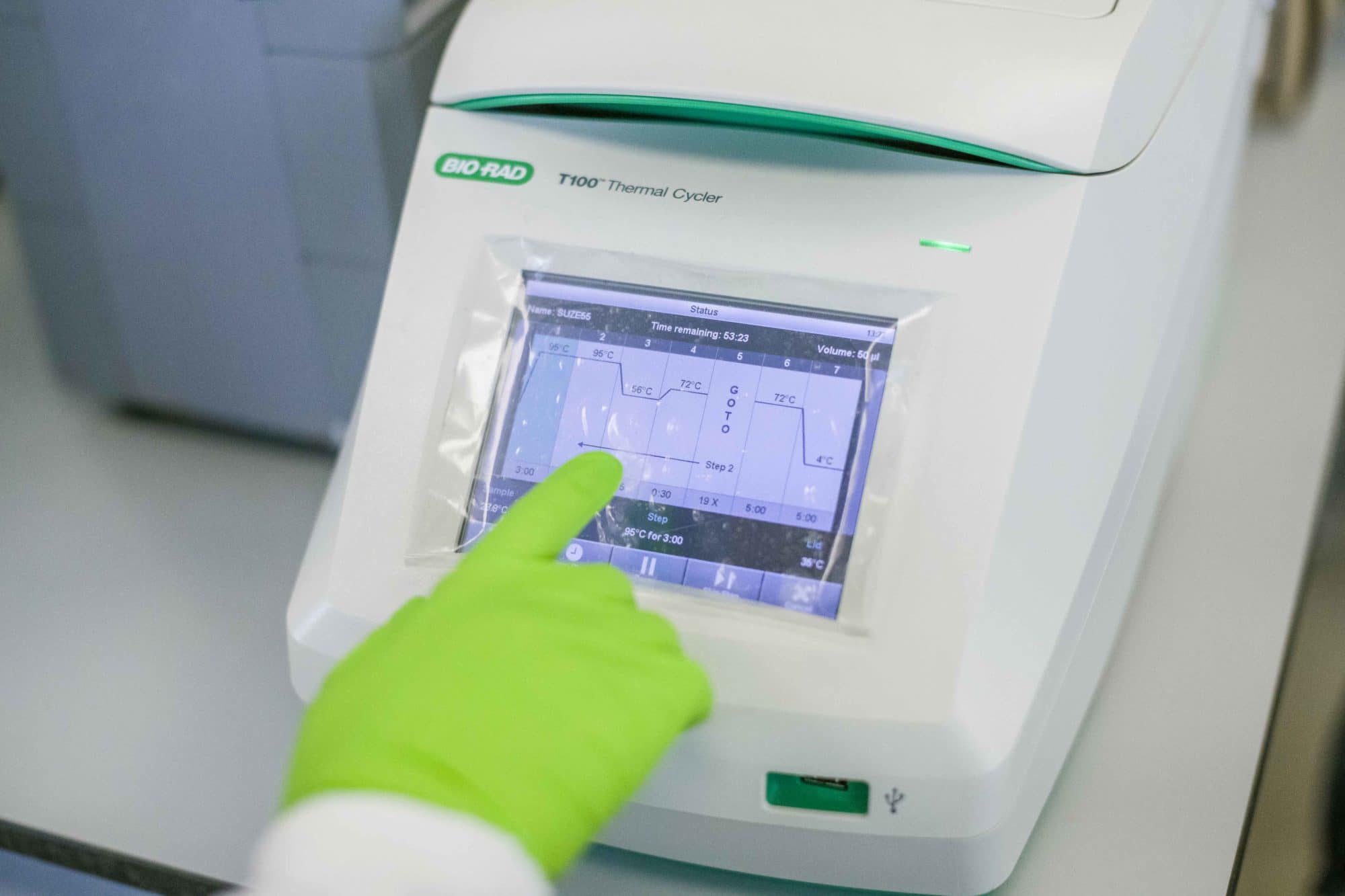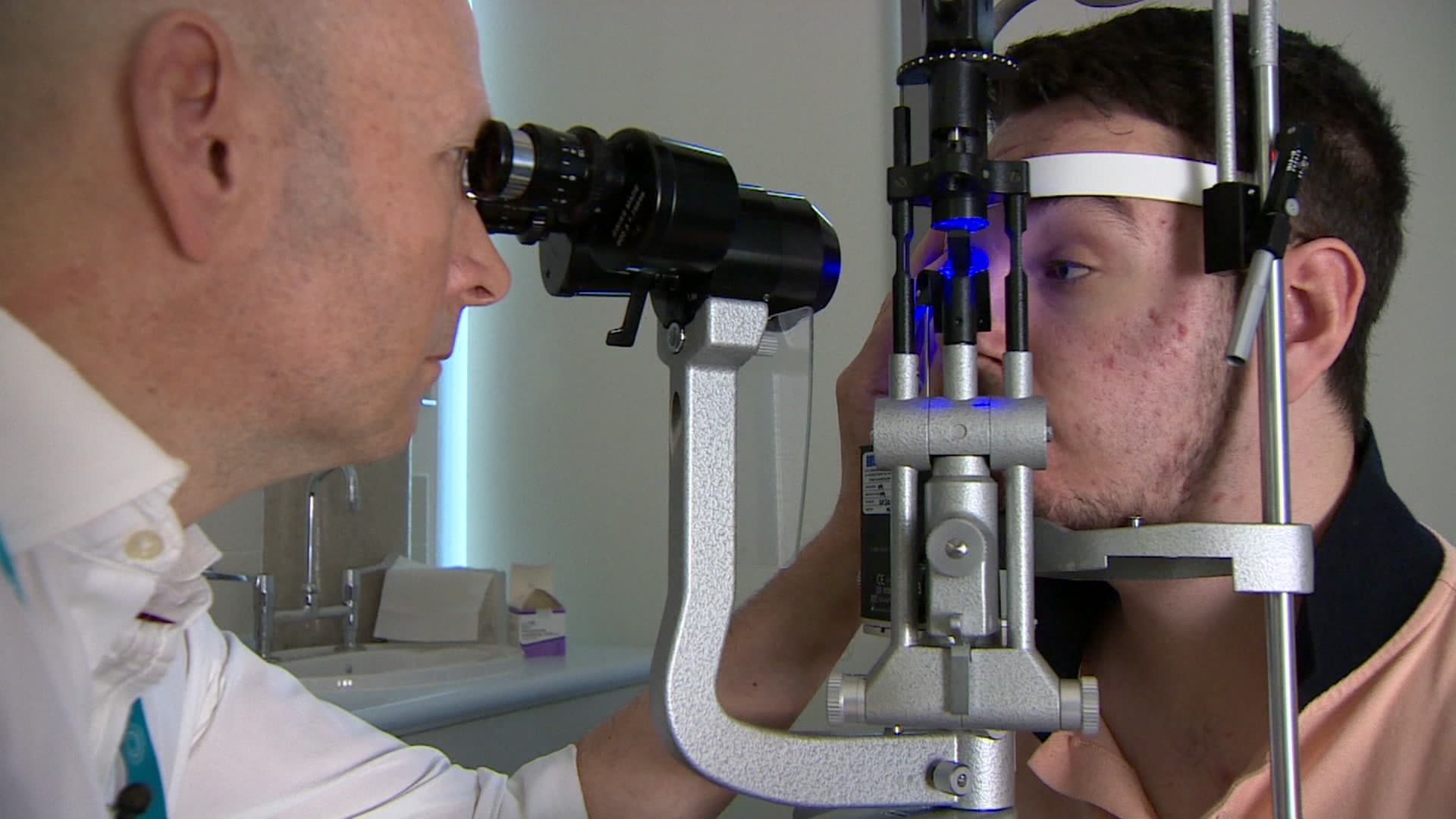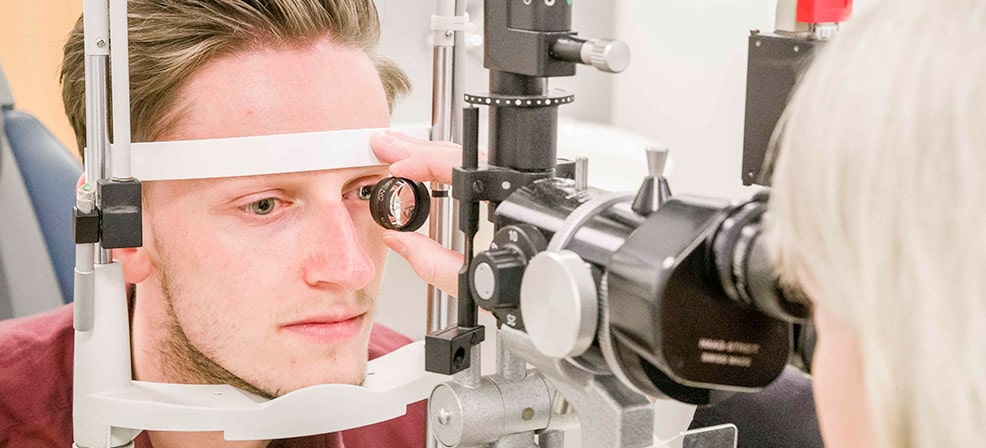Taking on The Thames Path Challenge
Next month, Anisha and Sheena will take on The Thames Path Challenge. Together, they explain why they decided to join #TeamRetinaUK.
Search results
Next month, Anisha and Sheena will take on The Thames Path Challenge. Together, they explain why they decided to join #TeamRetinaUK.
Disulfiram (Antabuse), FDA-approved for deterring alcohol, is in a phase 1 trial at the University of Washington to improve vision in retinitis pigmentosa.
Early 2020 marked an important milestone for the Retina UK community, when the first person with an inherited retinal condition received NHS treatment to potentially slow or even stop the progression of their sight loss.

There are many ongoing clinical and laboratory studies around the world, exploring innovative approaches to treating inherited sight loss.
It was previously believed that female carriers of X-linked inherited retinal diseases (IRDs) like X-linked retinitis pigmentosa (RP and Choroideremia) remained unaffected by sight loss.

In January 23-year-old Jake Ternent became the first person with an inherited sight loss condition to be treated in the UK with Luxturna (voretigene neparvovec) for Leber congenital amaurosis (LCA).

We’re all still buzzing from our recent conferences. We do hope you enjoyed them as much as we did. If you weren’t able to join us, then you can watch or listen to the recordings on our website.

Giving a regular monthly or quarterly donation of any amount is a wonderful way to help Retina UK support the inherited sight loss community.

February is Retinitis Pigmentosa Awareness Month and we'd love you to get involved to enhance the work of Retina UK, as we continue to support those who are living with retinitis pigmentosa and other inherited sight loss conditions.

Funding from Retina UK has allowed to team to explore the viability of gene therapy as a treatment for RP and related conditions, and build a pipeline of clinical trials.